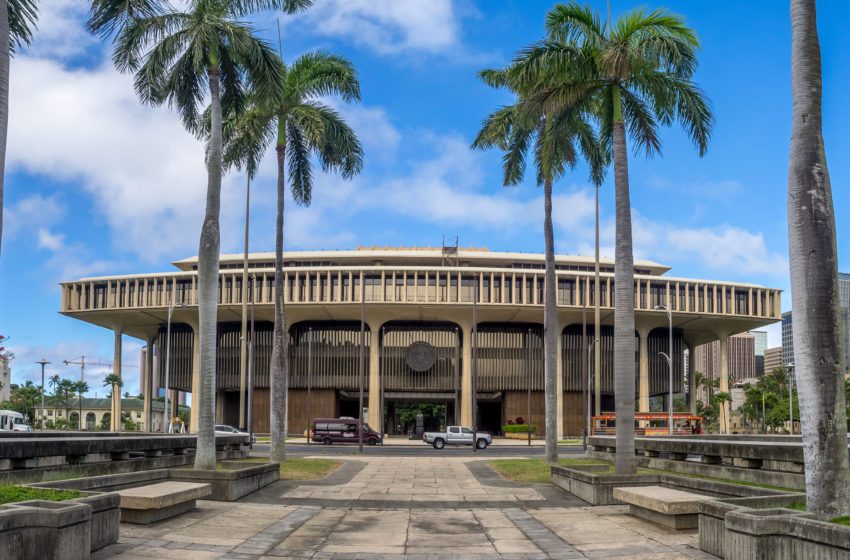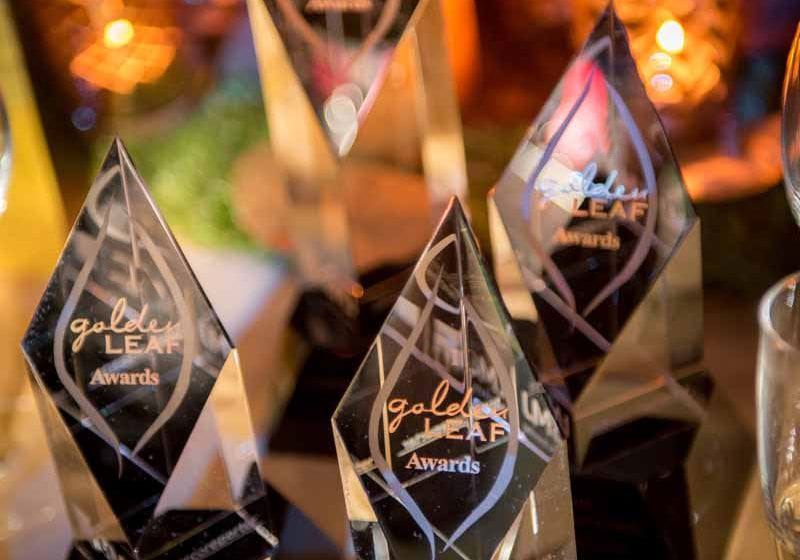
Announcing the 2024 recipients of the Golden Leaf Awards
TR Staff Report
Tobacco Reporter presented its 2024 Golden Leaf Awards Sept. 25 during a festive ceremony at the Agora Riviera Restaurant in Kavouri, near the site of this year’s Global Tobacco and Nicotine Forum in Athens. Sponsored exclusively by paper and packaging solution provider BMJ of Indonesia, the Golden Leaf Awards recognize excellence in the nicotine sector in the midst of our industry’s unprecedented transition.

ARAC received a Golden Leaf Award for its outstanding service to the industry. Renowned for its expertise in social and behavioral sciences, the company specializes in data-driven research and analysis, providing customized solutions to manufacturers, public health advocates, regulatory agencies and industry consultants globally.
ARAC’s comprehensive services include surveys, interviews, focus groups, label development, usability studies and clinical behavioral studies, all aimed at advancing tobacco harm reduction.
The company has transformed from a consultancy to a fully staffed contract research firm. The expanded team brings unmatched expertise to every project, ensuring comprehensive and impactful results. ARAC’s internal team of psychologists, statisticians, behavioral scientists and business development specialists boast over a half-century of industry expertise.
The in-house survey methodologist and medical monitoring team enhances its standardization and facility training with on-site clinical assessments and proper sample distribution.
ARAC assists clients worldwide in product development and consumer research supporting innovation and next-generation products, with a focused expertise on the regulatory sciences for U.S. applications, including premarket tobacco product applications, modified-risk tobacco product applications and substantial equivalence procedures.
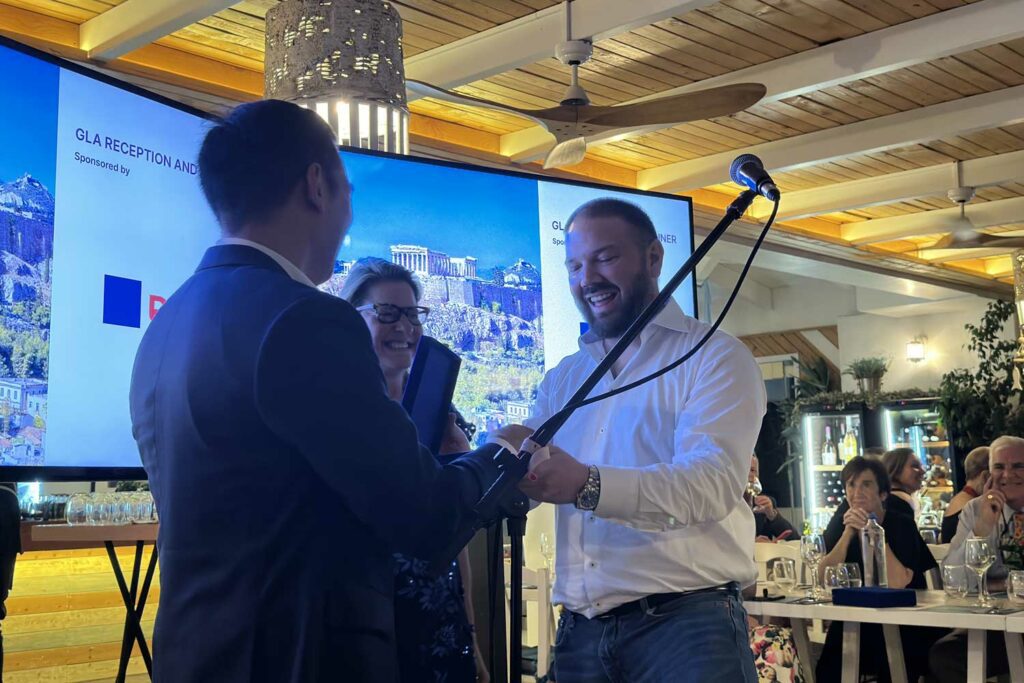
Greentank was recognized for its Quantum Vape, a state-of-the-art heating chip that replaces traditional cotton wick and ceramic heating elements. The technology outperforms other leading atomization products on key safety metrics, including harmful and potentially harmful constituents (HPHCs) and metals. It also delivers superior flavor and a consistent consumer experience.
The Quantum Vape represents a breakthrough in inhalation science with the potential to catapult the industry beyond the current generation of atomization technology. Whereas most developments in recent years have amounted to tweaks of substrates and print materials, Greentank’s is the first in years to explore an entirely new foundation.
Among other benefits, the heating chip eliminates the risk of thermal cycling, therefore ensuring unprecedented levels of flavor consistency. Innovative assembly technologies ensure the heating chip emits no ceramic particle emissions and contains the lowest levels of HPHCs. While it’s not possible to claim complete absence, third-party testing and rigorous chemical analysis have found HPHCs to be at undetectable levels.
With its Quantum Vape, Greentank aims to lead the market toward a safer and better future.
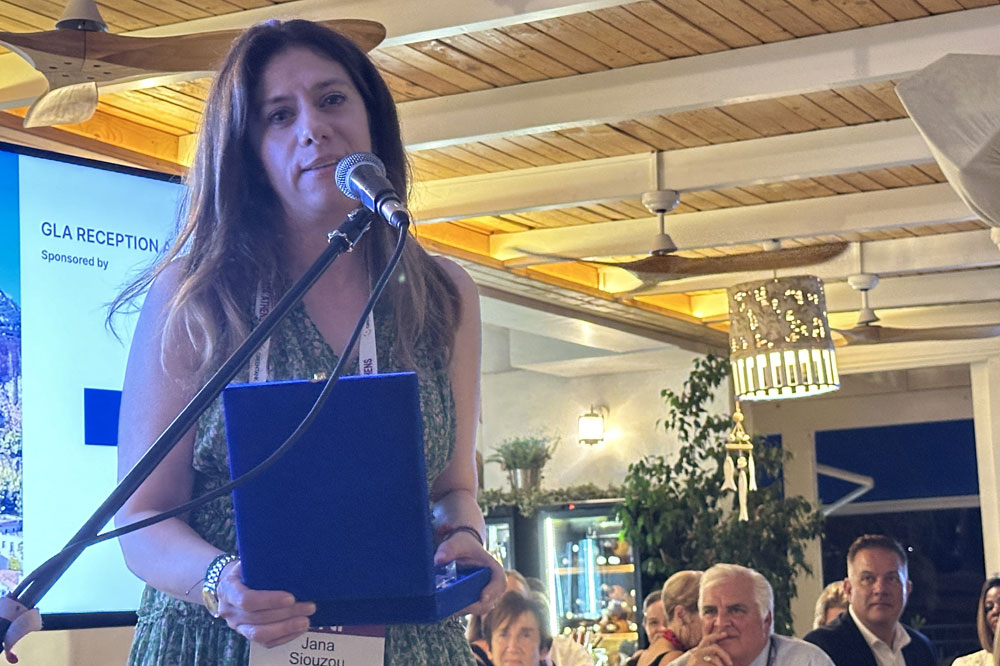
Koerber took home the BMJ Most Committed to Quality Golden Leaf Award for its unwavering support of the nicotine business for nearly 80 years. Since its creation, the Hamburg-based company has consistently pushed the envelope with groundbreaking technologies, enabling the nicotine industry to produce ever more efficiently without compromising quality.
Koerber’s filter machines continue to set the global standard while its legendary Protos cigarette-making machines lead the market worldwide. Over the years, the company has added, organically and through acquisitions, many competences, including in physical measuring, foreign matter detection and smoke analysis, along with primary machinery, recon equipment and flavors.
As the nicotine business moves to its next chapter, Koerber is again at the forefront, developing equipment for the manufacture of cigarette alternatives such as tobacco-heating products.
In creating the technology to manufacture tomorrow’s products, the company leverages not only the expertise developed in the traditional tobacco business but also the pioneering mindset that has kept it at the cutting edge of nicotine technology for more than three quarters of a century.
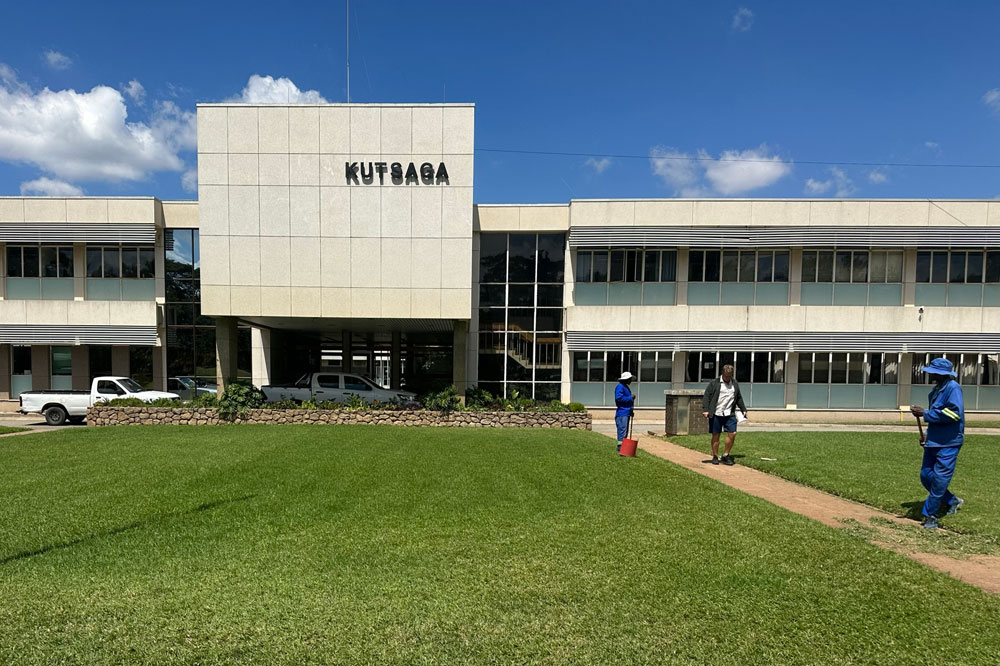
The Kutsaga Tobacco Research Board was recognized for its efforts to promote sustainable growth. Eager to capture more value from its tobacco business, Zimbabwe aims to build a $5 billion industry by 2025 by expanding cultivation and moving up the value chain. With seed sales of more than 1 million grams as of Aug. 1, according to The Herald, the nation is poised to set new production records in the upcoming growing season.
To promote farmer viability and minimize the environmental impact of growth, Zimbabwe aims to increase production without laying claim to significantly more farmland. Kutsaga has contributed to those goals by developing seed varieties that are not only more productive but also more resilient, helping farmers cope with challenges such as pests and climate change.
In addition, the research board has been helping growers become more productive by reducing post-harvest losses. Zimbabwean tobacco production is dominated by smallholders who use wood as a fuel for tobacco growing. To address deforestation, Kutsaga has been developing sustainable wood sources and more efficient curing methods.
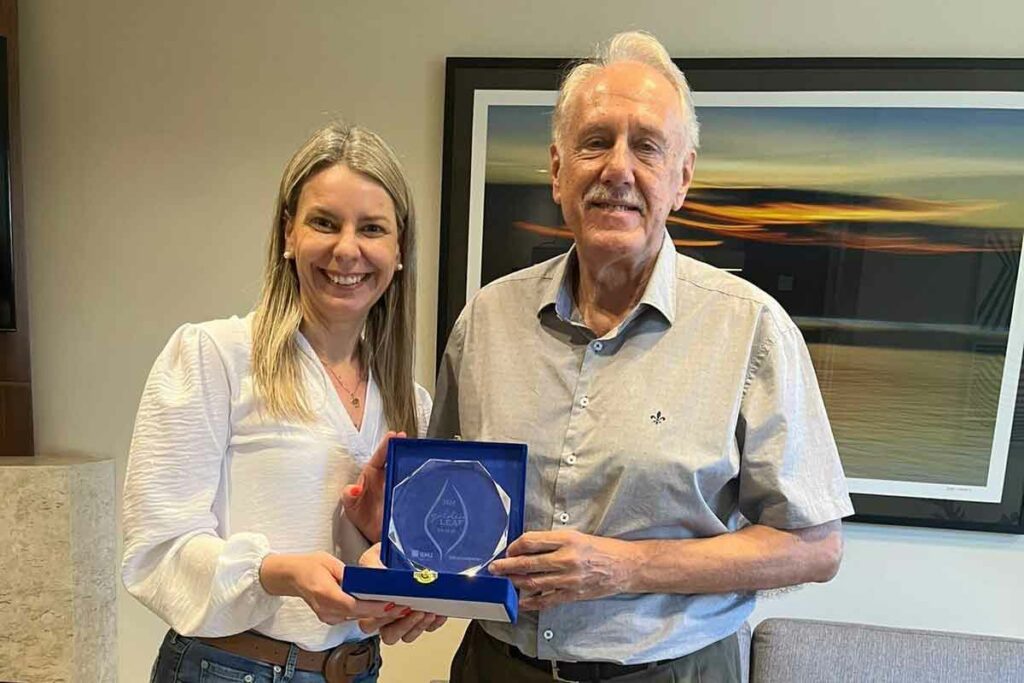
SindiTabaco received a Golden Leaf Award for its role in coordinating relief efforts after Brazil’s Rio Grande do Sul state in May suffered the worst floods in living memory. In all, the deluge impacted 1,929 rural properties in 75 municipalities. Candelaria was worst impacted, with 214 tobacco farmers suffering losses.
As one of the world’s leading tobacco-growing areas, Rio Grande do Sul plays a key role in global leaf supply. To help flood victims, SindiTabaco and its member companies donated basic food items, cleaning supplies, hygiene kits and furniture. They also provided personal loans for reconstruction and offered mental support from psychologists. In addition, tobacco companies and associations made available power generators and water tanks as well as boats and vehicles to rescue stranded people and animals.
The efforts helped many tobacco farmers and their dependents recover from disaster. According to a survey, 96 percent of the affected farmers intend to continue producing tobacco. SindiTabaco expects tobacco production from the impacted area to remain close to the projections estimated for the 2024–2025 growing season.










